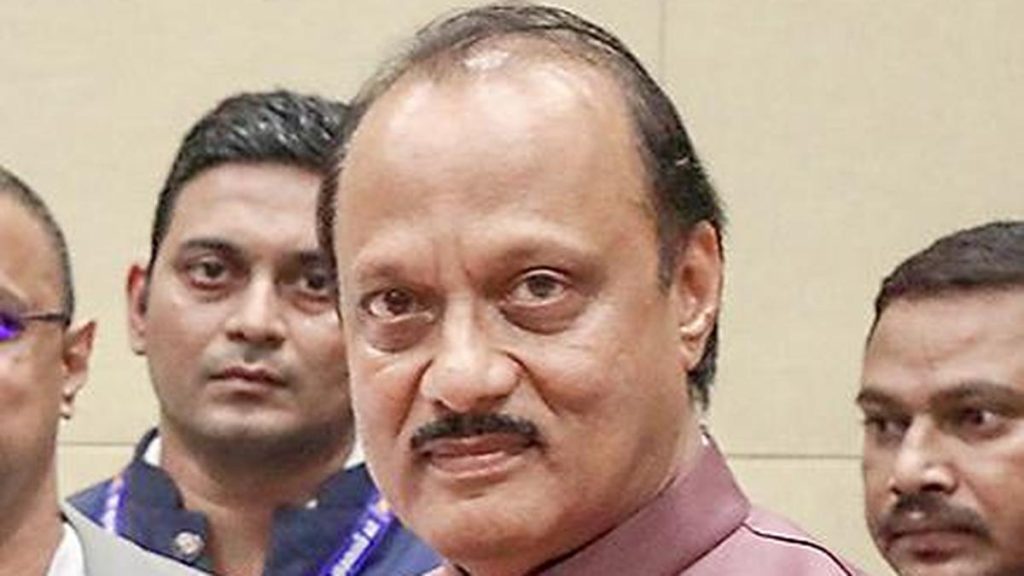Now Reading: Presidential Reference Hearing: Should Timelines Guide Bill Approvals by President, Governors?
-
01
Presidential Reference Hearing: Should Timelines Guide Bill Approvals by President, Governors?
Presidential Reference Hearing: Should Timelines Guide Bill Approvals by President, Governors?
### Fast Summary
– The Supreme court’s five-judge Constitution Bench is hearing a Presidential Reference on 14 questions raised by President Droupadi Murmu, seeking clarity on powers of Governors and the President concerning timelines for considering State Bills.
– Solicitor General Tushar mehta argued that imposing fixed timelines could restrict constitutional discretionary powers of Governors. He cited Constitutional debates and related provisions to support his arguments.- the Bench found delays in Tamil Nadu Governor’s handling of State Bills “glaring” and mentioned resolving an “egregious situation” in this case, where Bills were pending since 2020.
– Chief Justice Gavai clarified that the bench is tasked with expressing views on legal questions raised in the Reference, not revisiting judgments like the Tamil Nadu Governor case.- Attorney General R. Venkataramani echoed support for Governors’ independent authority to act based on personal judgment within legal principles.
– The Supreme Court questioned if elected state governments are at mercy of Governors’ discretion, implying potential imbalance between elected governments’ authority and gubernatorial powers under Article 200.
– Article 143 allows presidential References to seek advisory opinions from the judiciary, wich are non-binding but can clarify constitutional ambiguities.
For detailed updates: [The hindu](https://www.thehindu.com/news/national/supreme-court-hearing-on-presidential-reference-live-updates-august-21-2025/article69958859.ece)

—
### Indian Opinion Analysis
The ongoing Supreme Court deliberations mark a meaningful juncture for balancing constitutional roles between elected representatives and appointed authorities like Governors. Legal scrutiny into Articles 200 and 201 underscores concerns about delays hindering democratic governance while highlighting institutional checks.
The Tamil Nadu case reflects practical challenges faced by state legislatures when gubernatorial assent is withheld indefinitely-a situation potentially seen as undermining majority-driven governance frameworks.Conversely, defending discretionary powers ensures executive offices maintain autonomy necessary for impartial oversight.
Resolving such ambiguities has implications beyond individual states; it could create precedent affecting federal balance across India’s diverse polity. The question remains whether standardization (e.g., fixed timeframes) preserves core democratic values while respecting constitutional intent-a delicate evaluation requiring judicial insight grounded solely in law without policy bias.
























